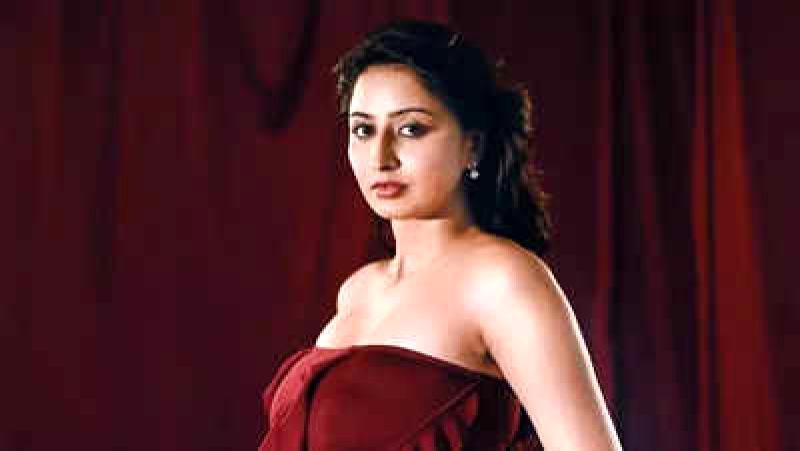
Women in the Kannada film industry are often praised as 'sheroes' on screen, but face challenges off-screen when it comes to finding their place and voice. Despite being recognized for their acting, costumes, makeup, and hairstyles, the women working behind the scenes struggle to access basic facilities like washrooms on film sets. The issue of pay parity is also a concern in the industry, which has seen a significant increase in the number of women working on sets over the past decade, including stylists, choreographers, and cinematographers. However, the industry's infrastructure and culture still primarily cater to men, prompting discussions on the need for greater inclusivity. Many women in the industry continue to experience everyday sexism as part of their jobs, leading some to adapt to the status quo while others choose to pursue independent work. One makeup artist highlighted the challenges faced by female technicians, noting that the industry is dominated by male professionals who often undermine their skills and offer lower pay than what they can earn independently. Despite some progress, gender disparities and patriarchal attitudes continue to impact women working behind the scenes in the Kannada film industry.Actresses like Vydurya Lokesh and make-up artistes are often only considered for smaller projects, according to a screenplay writer. When presenting a script to producers, the common question asked is whether it is a women-centric film. There is a prevailing misconception that women are only suited for certain types of films, such as low-budget or non-commercial ones. In some cases, producers have requested a "male director's name" to be added alongside a female director's name to attract more viewers. The industry needs a fundamental change in its approach towards women, as shared by screenwriter and associate director Manasa Sharma. Stylists, such as Tejaswini Anjan Kumar, also face challenges in getting basic necessities while working on sets, with demands often dismissed as "women's issues." Despite some actresses being in a position to advocate for their teams, many are hesitant to do so.There is a need for more female voices to be heard, says voiceover artist Sparsha RK. Women face a disparity in the industry, with fewer dialogues for them in films. This results in less work for female dubbing artists compared to their male counterparts. The recent lack of women-centric films and the shortage of solo songs featuring women are also concerning. Sparsha RK emphasizes the importance of having more women's voices onscreen.











